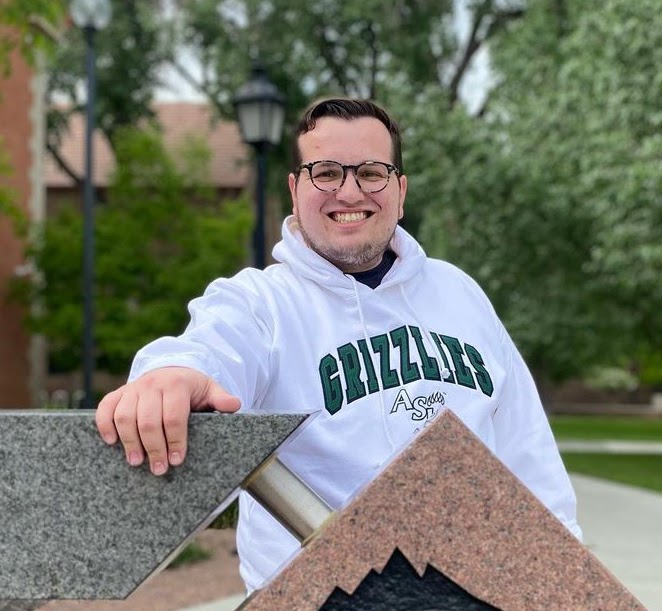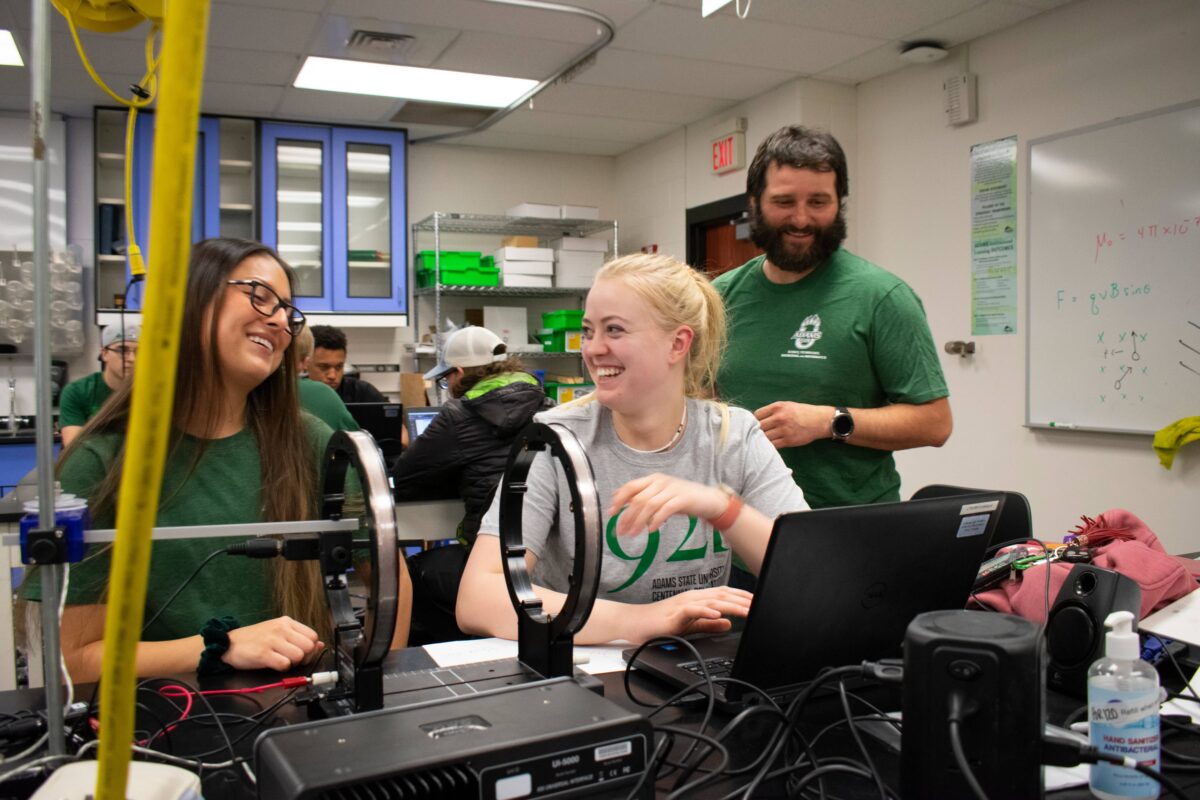Vision
To have a campus of faculty who demonstrate excellence in classroom practice by implementing high-impact practices and culturally relevant teaching pedagogy.
Mission
Support Adams State University’s value of “excellence in teaching and learning” and Strategic Plan institutional goals by formulating a faculty development office. The mission of this office is a commitment to develop and support outstanding university teachers. An educated and prepared faculty workforce promotes faculty and student retention.
A Brief History
Since 2000, Adams State University has had, in some form, a center for faculty development. First created by a Title V grant with a focus on inclusive excellence. In 2013, the Center for Excellence in Learning and Teaching (CELT) became the Community for Inclusion, Equity, Leadership, and Opportunity (CIELO).
In 2011, the Faculty Development Committee was established to design New Faculty Orientation. In 2013, the first full year of programming was offered through a partnership with Title V, including an overnight faculty retreat in January. In 2016, through a Title V grant, the center was rebranded to its current title: the Center for Teaching, Innovation, and Research. Programming included curriculum redesign, a faculty and staff associates program, and Research & Engagement Grants. In 2018, programming expanded to include guest speakers and support of the Adams Experience.
People
 Nick Sanders, Ph.D., CTIR Director & HIPs Coordinator
Nick Sanders, Ph.D., CTIR Director & HIPs Coordinator
Nick Sanders (he/him) is Director of the Center for Teaching, Innovation, & Research and Coordinator of High Impact Practices at Adams State University. He holds his Ph.D. in Rhetoric and Writing at Michigan State University. Originally from Upstate New York, he completed his M.A. in English, with a concentration in writing pedagogy, from the University of Maine, B.A. in English from the College of Saint Rose, and A.A. in Liberal Arts from SUNY Fulton-Montgomery Community College. Additionally, Nick has taught various English, Gender and Sexuality Studies, and English Education courses both as a graduate student and as a former faculty member. As Assistant Director of the Writing Center at Michigan State, Nick developed staff and faculty development on antiracist pedagogy and assessment and sustained community-engaged partnerships in the greater Lansing area. He also serves as the inaugural editor of outreach for The Peer Review, establishing programs and networks of mentorship for early career writing center scholars.
His professional work promotes equity-driven institutional cultures around teaching and learning through un/learning, coalition, and infrastructure building. He works at the intersections of antiracist and queer-feminist pedagogies and rhetorics, community literacy studies, public and professional writing, and writing center administration. Nick’s dissertation, Divesting White Racial Consciousness, examines how white people with actionable commitments to racial justice un/learn traits of white supremacist culture to advance antiracist institutional transformation. Nick’s work appears in Technical Communication Quarterly, Writing Center Journal, Public Feminisms: Community Engagement through Writing, Research, and Activism, and The Peer Review with forthcoming pieces in College Composition and Communication, Writing Center Administrators as Campus Leaders, and Reconceptualizing Response.



